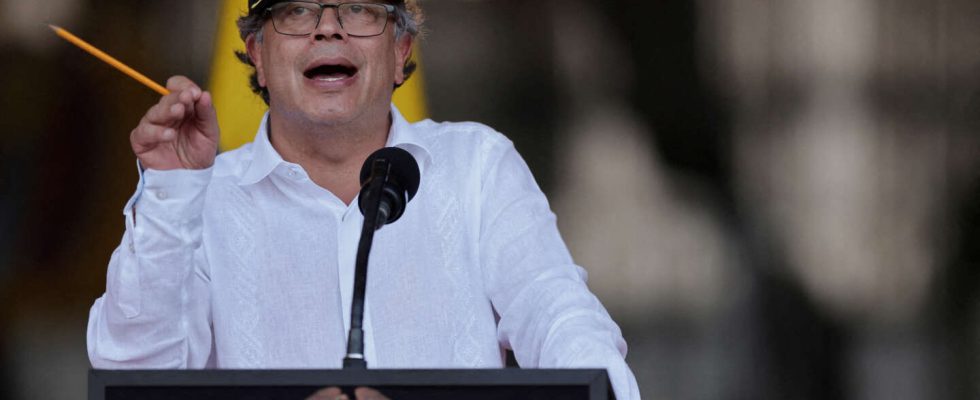The Colombian government announced, on Sunday March 17, the suspension in three departments of the country of the truce concluded with the main dissident faction of the Revolutionary Armed Forces of Colombia (FARC), after a deadly attack carried out by the rebels against a group of indigenous people .
“Given the non-compliance with the ceasefire on the part of the FARC Central Staff [EMC, Estado Mayor Central de las FARC] present in Nariño, Cauca and Valle del Cauca, we order its suspension and the resumption of offensive actions against them”, indicates the decree of the Ministry of Defense. The truce is maintained in other regions, notably in the Amazon and on the border with Venezuela.
Earlier, President Gustavo Petro reported an attack the day before in the town of Toribio, in the department of Cauca, accusing the EMC of having violated the ceasefire.
Armed men tried to kidnap a teenager but his community managed to oppose it. “The response of these criminals was to shoot indiscriminately at the community”, denounced the indigenous authority of the municipality in a press release. A 52-year-old woman was fatally injured by a gunshot to the face, according to this source.
Mr. Petro assured that the Indians attacked had attended a public event organized by his government in Cali on Friday.
The EMC, a group that rejects the 2016 peace agreement
The government and the EMC, which rejects the historic peace agreement signed in 2016 with the Marxist guerrillas, suspended hostilities at the beginning of 2023, an agreement broken several times by the rebels.
In mid-2023, Mr. Petro suspended the truce for several months following the assassination of four indigenous miners who had defected from the ranks of the organization.
Peace talks have been launched between the EMC, said to have nearly 3,500 troops, and the government in October 2023.
Elected in 2022 as the first left-wing president in the country’s history, Gustavo Petro is trying to implement an ambitious policy of “total peace” to disarm the armed groups that remain active in the regions and definitively put an end to the violence that has been tearing Colombia apart for more than half a century.

